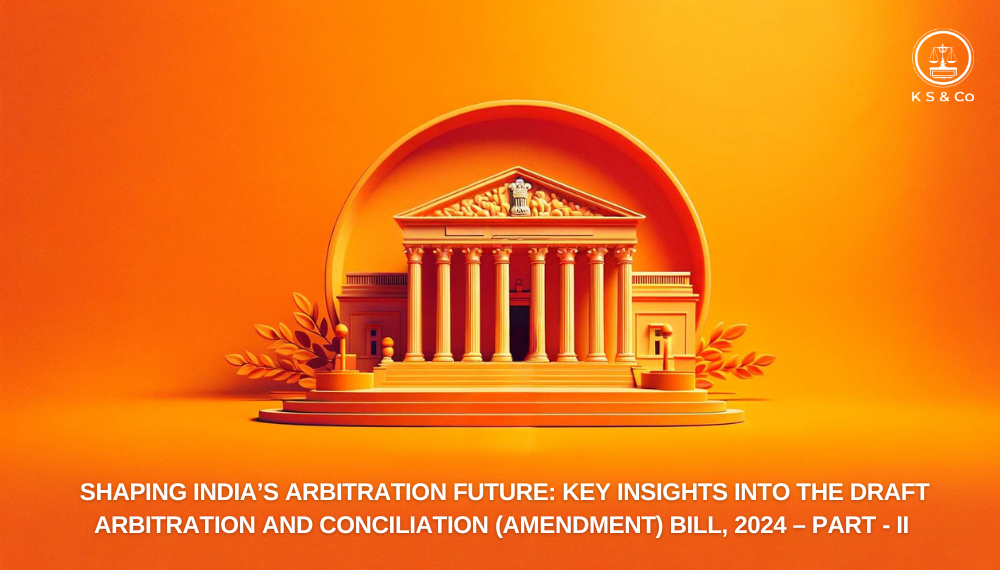“The Government does not consider cryptocurrencies as legal tender and will take all measures to eliminate use of these crypto-assets in financing illegitimate activities or as a part of the payment system”.
This announcement comes close to the observation by finance minister, in his last budget, wherein it was made clear that Indian Government does not recognize crypto currencies such as bitcoin and ripple, as legal tender and will take measures to eliminate their use for “illegitimate transaction”
After series of warnings issued to investors against trading in cryptocurrencies, The Reserve Bank of India (RBI) barred all regulated entities from dealing in virtual currencies or providing services to facilitate any person or entity in dealing with or settling virtual currencies. With effect of this notification the incorporated technology platforms dealing with virtual currency will no longer be allowed to open accounts of exchanges and facilitates sale or purchase of cryptocurrencies and the crypto-investors will not be able to transfer money from their bank accounts to their crypto-trading wallets. The apex bank will provide a timeline of 3-6 months to banks to exit their crypto-related services. However, it will not be an easy task for the Investors to recover all of their money due to a sudden spike in the activity.
The issue of Bitcoins and cryptocurrency regulations has been persistent and painful problem due to its decentralized nature and the intention of the RBI appears to clampdown many crypto related scams so as to protect the consumer who are ignorant and lack sufficient knowledge regarding these Virtual currencies but,
The RBI believes that by indirectly banning virtual currencies, no one will trade in it but it needs to understand that trade in the fast growing virtual currencies will move to overseas. People who want to continue will do so despite government banning cryptos or not supporting it. Those who indulge in scams will not change paths and those who want to earn money will also continue. People will buy and sell on exchanges outside India. Moreover, after selling the virtual currencies they may not even declare such Income and thus deprive tax authorities of revenue.
Also, the period of three months is not justified as the effect of the RBI circular would be twofold; either the companies would have to start dealing in cash or close down in India and operate from abroad. But then these exchanges which would earn commission during trading there would go to other countries, rather than adding to the Indian exchequer. Perhaps, there is a need for the government to rethink about its decision of banning Virtual currencies.
RBI should have put some more thought into this before taking such an extreme step to shut the revolution happening around crypto currencies. This step of RBI could be termed as one of the most retrograde since it would have been better if the government had put in its place effective norms like KYC and other requirements on similar footing to that applicable to the stock market. The RBI or the Government should provide a regulatory framework which would allay the fears, and would ease the risks outlined by the RBI. To oversee the investments made by the investors they should come out with stringent rules and procedures which one has to follow before investing in Cryptocurrency.
Furthermore, the RBI has failed to appreciate the technological potential of Cryptocurrency in India. Rather they thought of launching their own version of centralized digital INR on the footing of the same tech, the growth of which they are impending with their own actions. Is this a hint that government was unable to manage these Virtual currencies in the right way which has forced them to take this extreme step? The reason still remains unfolded but, this step of RBI surely raises a question in the mind of global investors and entrepreneurs on whether India is an ideal location for innovation.
Hence, the step taken hereby by the RBI is Tantamount to Demonetization of crypto currencies, also instead of RBI taking initiatives of curbing the potential misuse; they opted for completely prohibiting it.
Developed countries like Japan, US etc have taken steps to encourage such technologies but RBI on the other hand has opted to shut the door for revolution in this space. India will be left behind in the race of blockchain & crypto tech as it happened during the “dot-com boom”. Many Indian who didn’t find Indian Technological environment conducive finally shifted to other developed countries resulting in huge “Brain Drain” from India and the rest is the history…When the government does something like this, it not only kills the curiosity of the techie but also hinders his indulgence in the technology.






